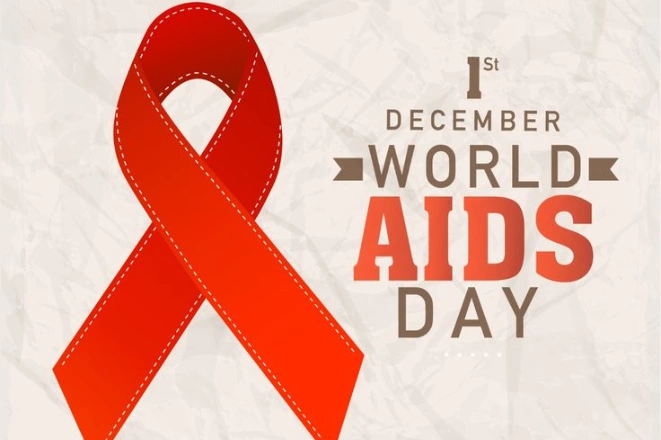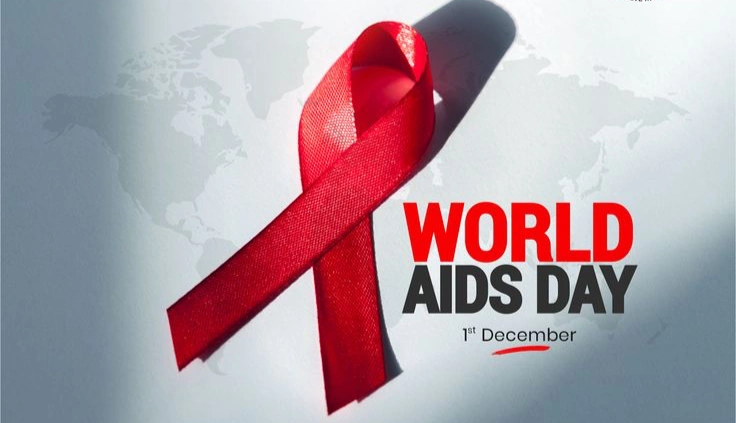World AIDS Day: Voices That Must Be Heard
World AIDS Day is not only about statistics and medical terms. Behind the numbers are millions of real stories: stories of courage, struggle, and hope.
The human face of the epidemic
When we talk about HIV/AIDS, it is important to remember that it is not a faceless disease. It is about people: some have been living with the diagnosis for decades, others have only recently learned about their status. For each person, it is a challenge that requires strength and support from society.
Breaking stereotypes

Stigma and myths about HIV still exist. People can be judged, isolated, or denied equal rights. World AIDS Day reminds us: HIV does not make a person “different” or “less worthy.” It does not define their identity or their value.
The power of community
In many countries, organizations and initiatives support people living with HIV. They provide medical care, psychological assistance, and safe spaces where people can speak openly without fear or shame. These communities play a vital role in overcoming isolation and spreading knowledge.
Hope and progress
Medicine has advanced greatly in recent years. Those who take antiretroviral therapy can live full, active lives — working, building families, and pursuing their dreams. HIV is no longer a death sentence, and this progress is the result not only of science but also of the global struggle for equal rights and access to treatment.

Memory and the future
World AIDS Day is also a day of remembrance. We honor those we have lost while looking to the future with hope. Every new step in science, every awareness campaign, and every act of solidarity brings us closer to a world without fear and prejudice.
Conclusion
World AIDS Day reminds us that the fight against the epidemic is not only about medicine. It is about respect, compassion, and the willingness to listen to the voices of those living with HIV. And those voices must be heard above all.
Close